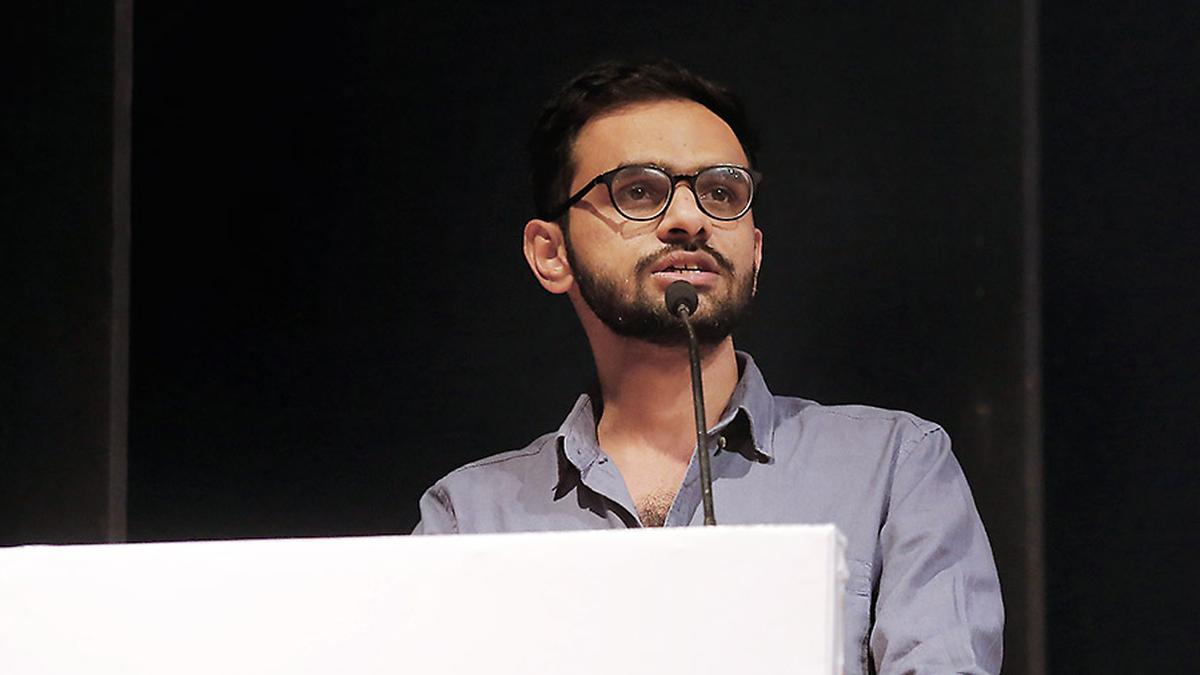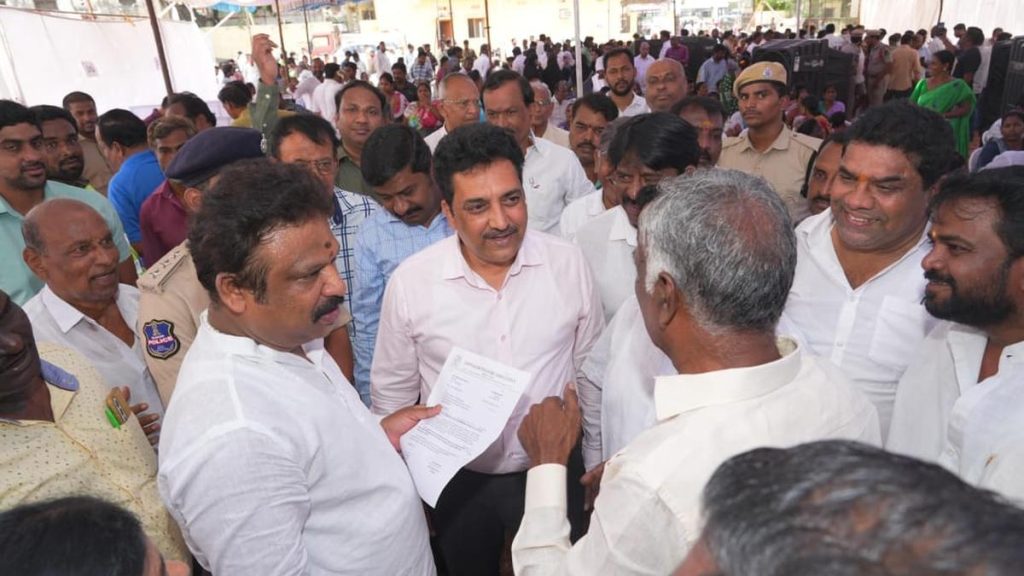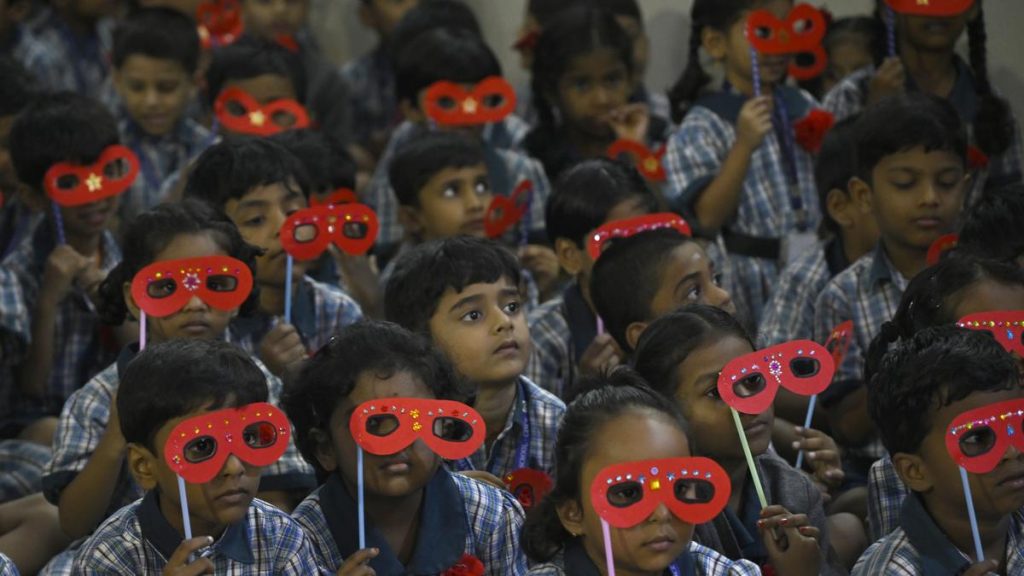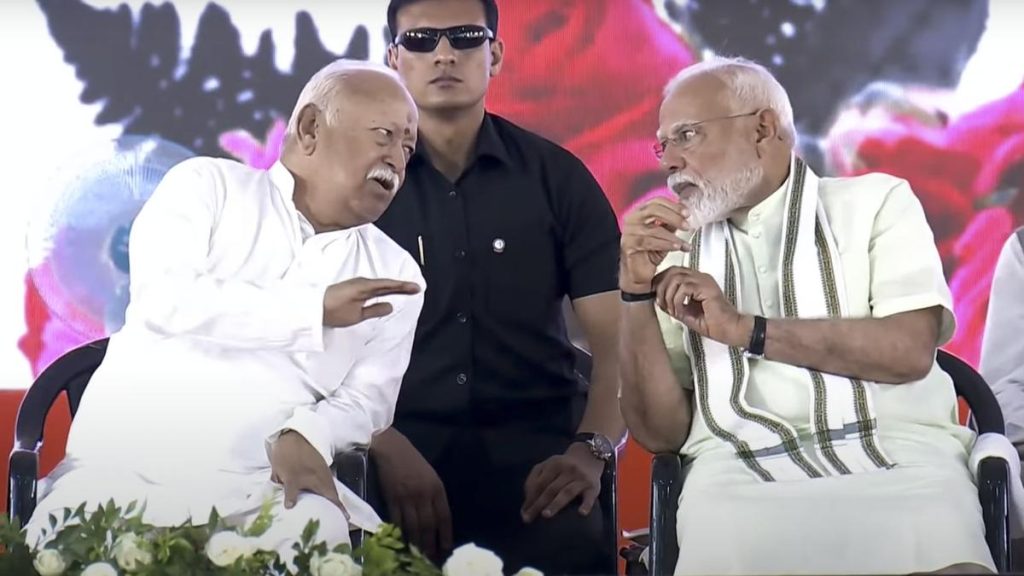Now Reading: Umar Khalid Appeals to Supreme Court After Bail Denial in 2020 Delhi Riots Case
-
01
Umar Khalid Appeals to Supreme Court After Bail Denial in 2020 Delhi Riots Case
Umar Khalid Appeals to Supreme Court After Bail Denial in 2020 Delhi Riots Case

Rapid Summary
- Activist Umar Khalid has filed an appeal in the Supreme Court against the Delhi High Court’s decision denying him bail in a case under the unlawful Activities (Prevention) Act (UAPA) related to alleged conspiracy during the February 2020 Delhi riots.
- The Delhi High Court previously rejected bail pleas for Khalid, along with eight others, including Sharjeel Imam and Gulfisha Fatima, stating that “conspiratorial” violence cloaked as protests cannot be permitted.
- The High Court emphasized citizens’ constitutional rights to protest peacefully but highlighted that this right is subject to reasonable restrictions for safeguarding law and order.
- Charges under UAPA and IPC claim these individuals were “masterminds” of the 2020 riots sparked by protests against the Citizenship Amendment Act (CAA) and National Register of Citizens (NRC), which resulted in 53 deaths and over 700 injuries.
- All accused deny allegations; they have remained incarcerated since their arrests following the unrest. Appeals at lower courts had also been unsuccessful.
Indian Opinion Analysis
The Supreme Court’s deliberation on Umar Khalid’s bail plea emphasizes ongoing debates about balancing individual rights against national security concerns under controversial legislation like UAPA. While lawful protests are a cornerstone of democracy protected by Article 19(1)(a), courts must navigate whether actions cross lines into disruption or conspiratorial violence when influencing legal outcomes. Prolonged incarceration without trial raises questions about whether detention itself becomes punitive prior to final verdicts. For India, such cases highlight broader discussions around judicial interpretation of dissent versus criminal action, with implications for civil liberties jurisprudence under restrictive laws designed for counter-terrorism.

























